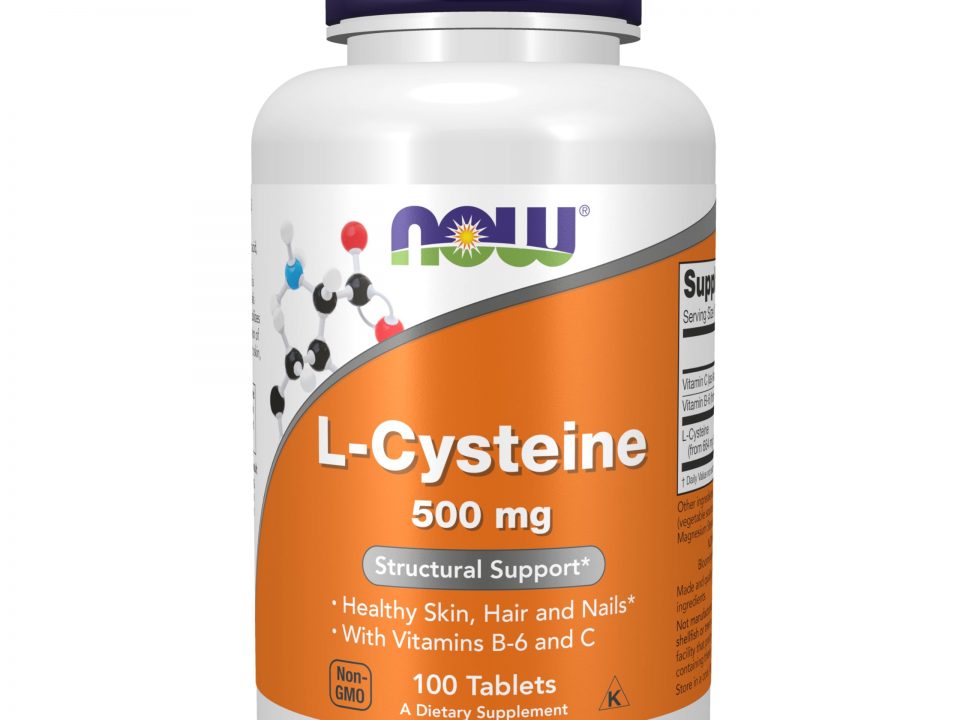- با ما در تماس باشید
- 09308658811
- iranepf@gmail.com
Effects of Time-Release Caffeine Containing Supplement on Metabolic Rate, Glycerol Concentration and Performance
Acute effects of high- and low-intensity exercise bouts on leukocyte counts
۲۵ تیر ۱۳۹۴Oxygen Consumption of Elite Distance Runners on an Anti-Gravity Treadmill
۲۵ تیر ۱۳۹۴Adam M. Gonzalez, Jay R. Hoffman, Adam J. Wells, Gerald T. Mangine, Jeremy R. Townsend, Adam R. Jajtner, Ran Wang, Amelia A. Miramonti, Gabriel J. Pruna, Michael B. LaMonica, Jonathan D. Bohner, Mattan W. Hoffman, Leonardo P. Oliveira, David H. Fukuda, Maren S. Fragala, Jeffrey R. Stout
Journal of Sports Science and Medicine
This study compared caffeine pharmacokinetics, glycerol concentrations, metabolic rate, and performance measures following ingestion of a time-release caffeine containing supplement (TR-CAF) versus a regular caffeine capsule (CAF) and a placebo (PL). Following a double-blind, placebo-controlled, randomized, cross-over design, ten males (25.9 ± ۳٫۲ y) who regularly consume caffeine ingested capsules containing either TR-CAF, CAF, or PL. Blood draws and performance measures occurred at every hour over an 8-hour period. Plasma caffeine concentrations were significantly greater (p < 0.05) in CAF compared to TR-CAF during hours 2-5 and significantly greater (p = 0.042) in TR-CAF compared to CAF at hour 8. There were no significant differences between trials in glycerol concentrations (p = 0.86) or metabolic measures (p = 0.17-0.91). Physical reaction time was significantly improved for CAF at hour 5 (p=0.01) compared to PL. Average upper body reaction time was significantly improved for CAF and TR-CAF during hours 1-4 (p = 0.04 and p = 0.01, respectively) and over the 8-hour period (p = 0.04 and p = 0.001, respectively) compared to PL. Average upper body reaction time was also significantly improved for TR-CAF compared to PL during hours 5-8 (p = 0.004). TR-CAF and CAF showed distinct pharmacokinetics yielding modest effects on reaction time, yet did not alter glycerol concentration, metabolic measures, or other performance measures.
Key words: Caffeine bioavailability, energy, multiple object tracking, pharmacokinetics, reaction time, sustained release caffeine


